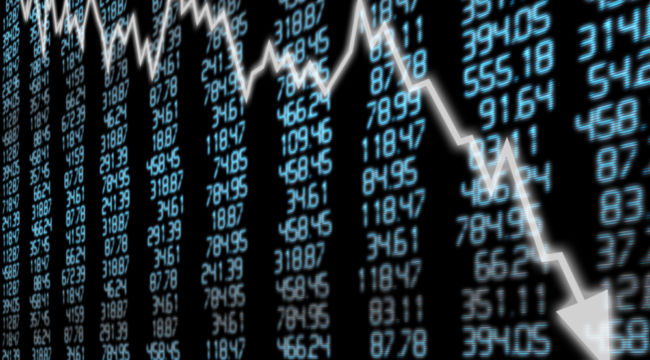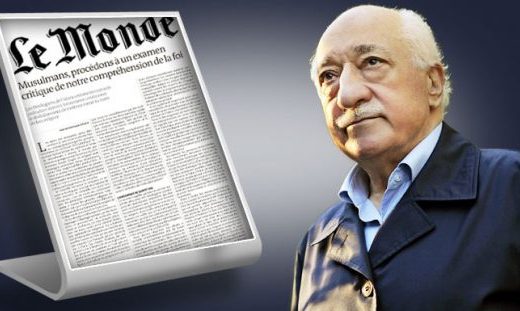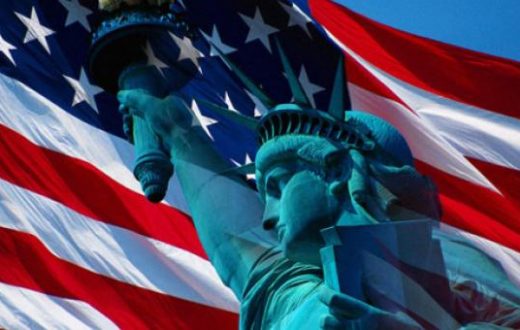NEW YORK (Reuters) – Wall Street ended up down by more than 3% on Tuesday, as the trend towards a reversal of the yield curve weighed heavily on financial stocks. Technology and industry fell into doubt about Washington and Beijing’s ability to reach a sustainable trade agreement.
Investors’ enthusiasm on Monday as a first reaction to Saturday’s announcement of a three-month truce in the Sino-American trade dispute did not last long.
The Dow Jones index dropped 799.36 points, or 3.10%, to 25,027.07. The wider S&P-500 fell 90.31 points, or 3.24%, to 2,700.06. The Nasdaq Composite fell by 283.09 points (-3.80%) to 7.158.43 points.
The volatility index ended at its highest level in more days, up more than 25% to 20.64 points.
On the trade front, Donald Trump did not rule out an extension of the truce with Beijing, which should allow customs duties to be frozen while a broader agreement is negotiated. But the American president added in a tweet that if it turned out that a “TRUE agreement” was not possible, he would revert to his policy of raising tariffs.
In the bond market, signs of an inversion of the yield curve, linked to fears that the long expansion cycle in the United States would end, caused banks to stumble.
Analysts expect a reversal of the curve between two- and ten-year bond yields in the near future – seen as a signal of an impending recession. The spread fell to less than 10 basis points for the first time in ten years.
Statements by New York Federal Reserve Chairman John Williams on interest rate developments, as well as a severe snub by British MPs to Theresa May over Brexit, have added to the confusion.
The New York Fed President said he expected the gradual gradual rise in interest rates to continue, in a context of “very good health” in the US economy. This follows Fed President Jerome Powell’s comments last week, which were interpreted by the market as a sign that the central bank was approaching the end of its rate hikes.
“The sharp decline we saw (at the end of the session) is largely a reaction to Brexit,” says Delores Rubin, a trader at Deutsche Bank Wealth Management,
“As for the sales flow since the beginning of the day, it is explained by the realization that nothing is settled (between Beijing and Washington),” said Delores Rubin, adding that John Williams’ statements suggest that the market may have misinterpreted Powell’s comments.
“You have the Brexit, the Fed talking and the customs duty concerns that have resurfaced.”
Is a major crisis plausible ?
It depends. It has to be said that financial markets have known a significant growth since the end of the 2008 krach. The economy, and especially finance, follows cycles. Financial markets’ functioning is frequently explained by the boom and burst cycle. Many analysts pretends that the global economy will have, in the years to come, to face off a terrible crisis. Besides, the U.S economy tends to follow eight or ten years-long cycles. It might be a matter of months.
What would be the geopolitical consequences ?
Studying the consequences of a non-happened event is not easy. The only easily remarked consequence would be a questioning process of what is capitalism. Globalization and multilateralism, as we currently know them could be much more weakened than today.








